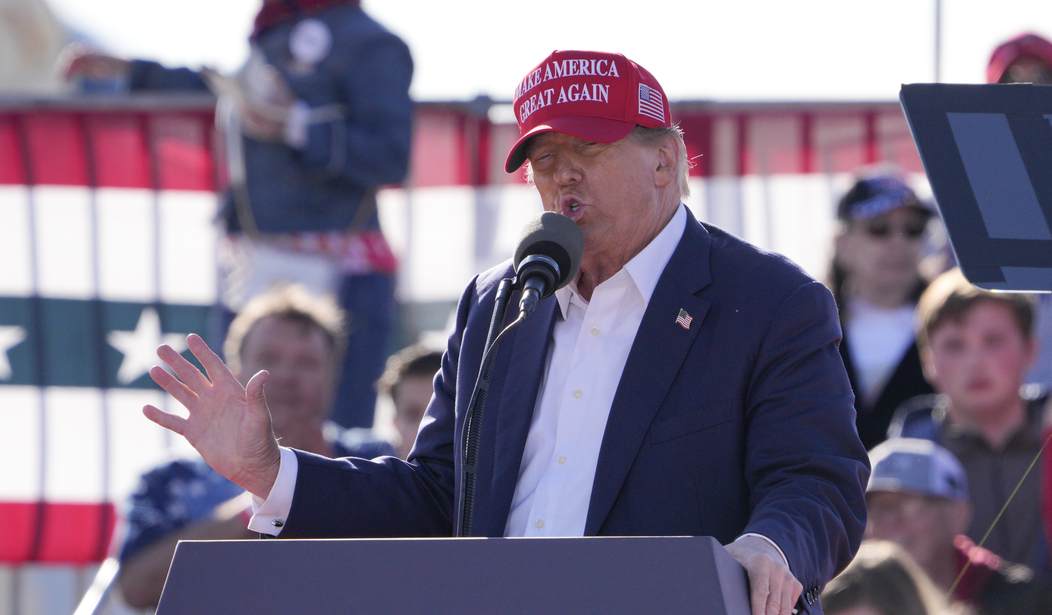Donald Trump was right. It's going to be a bloodbath when China's BYD starts selling its "fun-to-drive" Seagull EV in this country at a price not even Tesla can match.
The five-door hatchback doesn't have the best range or fanciest amenities. But what it does have is a top price under $14,000, good safety features, aggressive looks, and plenty of financial backing from Beijing. BYD's specialties are batteries and high-tech manufacturing, and they're using both to aggressively expand overseas production and deliveries.
An improved version for South American markets, called the Dolphin Mini, is already on sale, starting at $21,990.
“What we’ve seen over time is automotive manufacturers eventually enter all the markets that matter... Ultimately the Chinese will come to the U.S.,” Marin Gjaja—chief operating officer for Ford's EV unit — told CNBC in an interview last week.
The Alliance for American Manufacturing said in February, "The introduction of cheap Chinese autos—which are so inexpensive because they are backed with the power and funding of the Chinese government—to the American market could end up being an extinction-level event for the U.S. auto sector."
Some might call it a bloodbath.
Of course, it doesn't have to be a bloodbath. If there is a bloodbath, it will be on us, not China.
The market for tiny urban EVs probably isn't all that huge. Given the choice, Americans tend to prefer larger, more luxurious, more powerful cars and trucks. But we'll be denied our preferences, starting in 2027, under new emissions regulations announced this week by the Biden administration. Like it or not, our cars and trucks are going to be smaller EVs or hybrids. That means the Big Three will have to go toe-to-toe against the dirt-cheap Seagull.
That's how ostensibly well-meaning regulation (with a very hard and heavy accent on "ostensibly") hurts American manufacturing and benefits our overseas competitors. We went through the same thing with Japan in the 1970s, as the EPA forced the Big Three to compete against Japan's strengths in fuel-efficient econoboxes instead of allowing American manufacturers to play to their own strengths.
The Big Three owned a combined 75% of the U.S. auto market in 1984. Forty years later, that's down to 40%. While it's true that Detroit and the UAW are the authors of many of their own troubles, Washington has been there to demand the exact wrong thing at every step along the way of their fall from grace.
I'm old enough to remember when people said China would never be able to sell cars in the West. That's changing quickly. I'm still told China will never sell passenger jets outside of China but that's changing, too. Chinese engineering is no longer limited to cheap, unreliable, short-lived copies of Western products. Chinese engineering schools are damned good, and that's showing up more and more in improved high-tech products, civilian and military.
This country's engineering schools trained the people who now run China's schools, so none of this should come as any surprise.
And yet it does surprise us again and again.
Recommended: A Long Time Ago, in an LGBTQ+ Galaxy Far, Far Away...
P.S. Help PJ Media keep burning gas and diesel by becoming one of our VIP or VIP Gold supporters. You need independent news and analysis and we need to keep the lights on. You can join here and don't forget our massive 50% off SAVEAMERICA promo code.










Join the conversation as a VIP Member